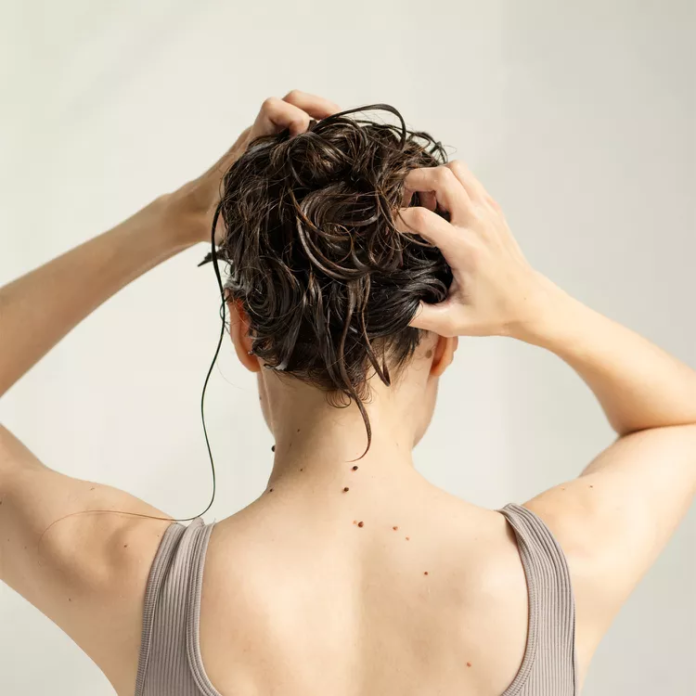Dry scalp can be a frustrating and uncomfortable condition, but don’t worry! Dermatologists have some tried and true treatments to help soothe and hydrate your scalp. In this blog post, we’ll explore 10 dry scalp treatments that dermatologists recommend. From natural remedies to salon treatments, there’s something for everyone.
- Moisturizing Shampoos and Conditioners: Look for shampoos and conditioners specifically formulated for dry scalp. These products often contain ingredients like shea butter, jojoba oil, and argan oil, which help to hydrate and nourish the scalp.
- Apple Cider Vinegar Rinse: Apple cider vinegar has antimicrobial and exfoliating properties, making it a great natural remedy for dry scalp. Mix equal parts apple cider vinegar and water, and use it as a final rinse after shampooing.
- Omega-3 Fatty Acids: Omega-3 fatty acids can help to nourish and moisturize the scalp. You can take supplements or incorporate foods rich in omega-3s, such as salmon, walnuts, and flaxseed, into your diet.
- Hot Oil Treatments: Applying warm oil to the scalp can help to hydrate and soothe dryness. You can use coconut oil, argan oil, or jojoba oil, and leave it on for 15-30 minutes before rinsing.
- Gentle Exfoliation: Exfoliating the scalp can remove dead skin cells and unclog pores. Use a gentle scalp scrub or a soft bristle brush to gently massage the scalp.
- Hydration Mask: Applying a hydrating mask to the scalp can provide an extra boost of moisture. You can use a store-bought mask or make one at home using ingredients like honey, yogurt, and avocado.
- Aloe Vera: Aloe vera has soothing and moisturizing properties, making it a great option for dry scalp. Apply aloe vera gel to the scalp and leave it on for 30 minutes before rinsing.
- Massage: Massaging the scalp can increase blood circulation and help to distribute the natural oils. Use your fingertips to gently massage the scalp in circular motions.
- Salon Treatments: For more severe dry scalp, a salon treatment may be necessary. Options include steam treatments, scalp facials, and chemical peels.
- Avoid Harsh Chemicals: Harsh shampoos, conditioners, and styling products can strip the scalp of its natural oils, leading to dryness. Look for products that are labeled ” sulfate-free” and “paraben-free.”
Remember, everyone’s scalp is different, so it may take some trial and error to find the right treatment for you. If you have severe or persistent dry scalp, it’s best to consult a dermatologist who can provide a personalized treatment plan. With the right treatment and a little patience, you can say goodbye to dry scalp and hello to a healthy, hydrated scalp!



